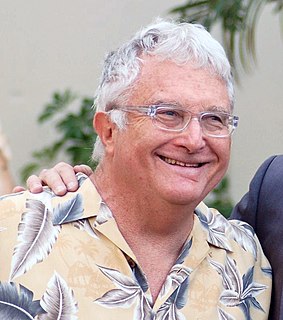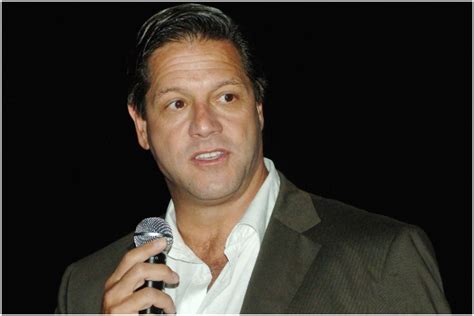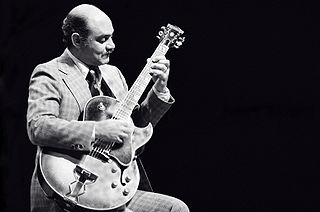A Quote by Malcolm Gladwell
The 10,000-hours rule says that if you look at any kind of cognitively complex field, from playing chess to being a neurosurgeon, we see this incredibly consistent pattern that you cannot be good at that unless you practice for 10,000 hours, which is roughly ten years, if you think about four hours a day.
Related Quotes
Ten thousand hours is equivalent to roughly three hours a day, or 20 hours a week, of practice over 10 years... No one has yet found a case in which true world-class expertise was accomplished in less time. It seems that it takes the brain this long to assimilate all that it needs to know to achieve true mastery.
You know, they say you can reduce genius to someone who spent 10,000 hours trying to get good at something. I'm not claiming either one of those. I haven't done anything for 10,000 hours but sleep. But you do stuff enough, you get better at it. Usually it's a simple thing like that. Essentially, a brainless endeavor.
In order to be a world-class expert in anything, be it audiology, drama, music, art, gymnastics, whatever, one needs to have a minimum of 10,000 hours of practice. Unfortunately, it doesn't mean that if you put in 10,000 hours that you will become an expert, but there aren't any cases where someone has achieved world-class mastery without it! So the time spent at the activity is indeed the most important and influential factor.
To become a chess grandmaster also seems to take about ten years. (Only the legendary Bobby Fisher got to that elite level in less than that amount of time: it took him nine years.) And what's ten years? Well, it's roughly how long it takes to put in ten thousand hours of hard practice. Ten thousand hours is the magic number of greatness.
Writing and producing the show is an intellectual process. Performing the show is far more athletic and intuitive, because you don't get to do it twice. It helps if you've done whatever the old saw is, 10,000 hours of it. Because I've done 10,000 hours of comedy, I have this database in my mind of what works and what doesn't work.
I grew up playing the guitar. I started when I was nine, and by the time I was nine and a half or ten, I was doing seven or eight hours' practice every day. I did two hours' practice at six o'clock in the morning before I went to school, and another two hours as soon as I got home from school in the afternoon. Then I did four hours at night before I went to bed. I did that until I was fourteen or fifteen.
We have amazing stunt performers and in Miguel Sapochnik, a director who's so good at spending hours and hours and hours on every shot beforehand, so that he knows exactly what he wants when he gets to the battlefield on the day. We only shoot ten-hour days, so you have to pack a lot into those ten hours.
I wake up around 8 A.M., which isn't too bad at all. I usually try to get to bed at 10 or 10:30. For a while I tried to see how my recovery was with just eight hours of sleep. And sometimes, that can be fine. But I like getting nine or more hours. I feel like I can wake up on my own if I've gotten nine hours.

































